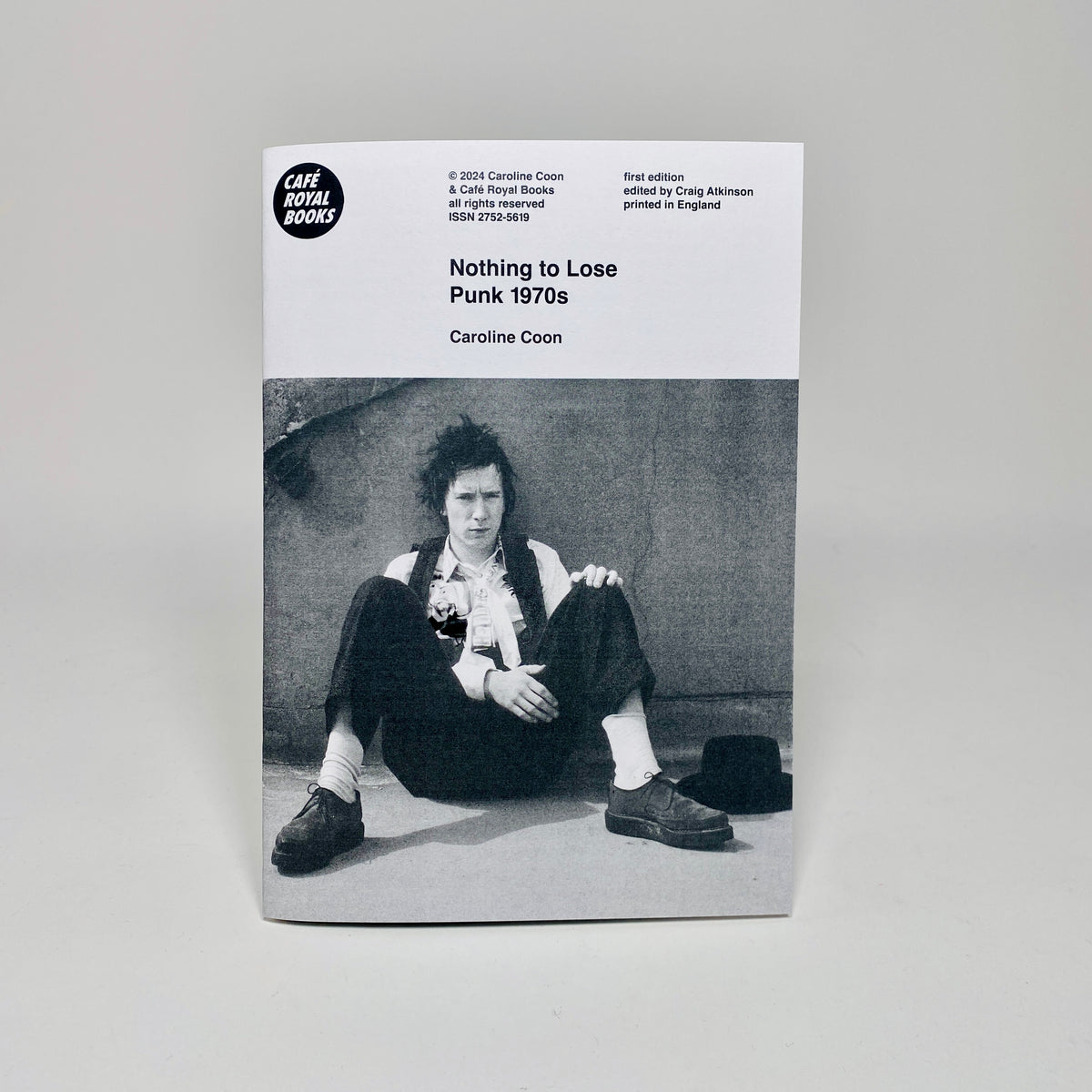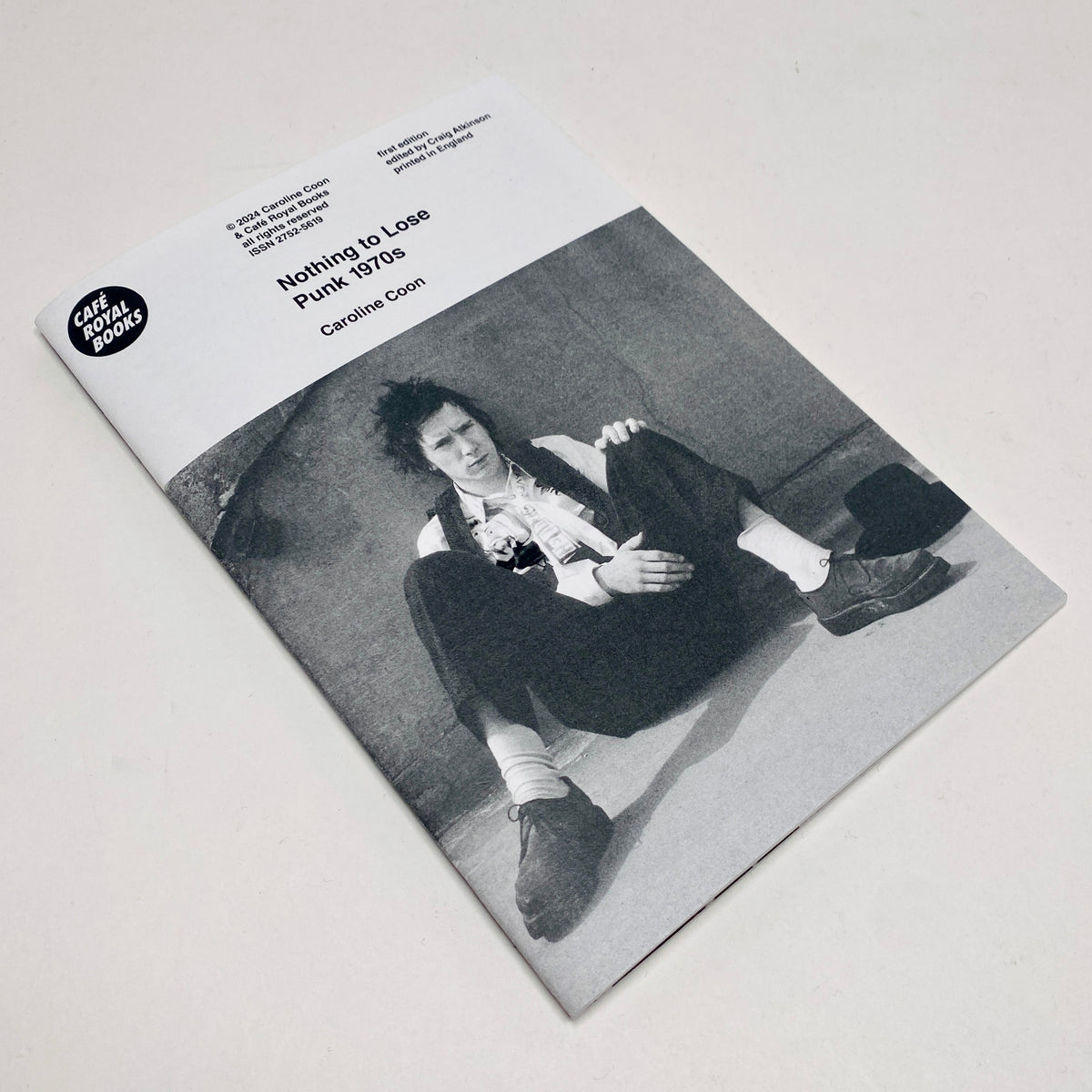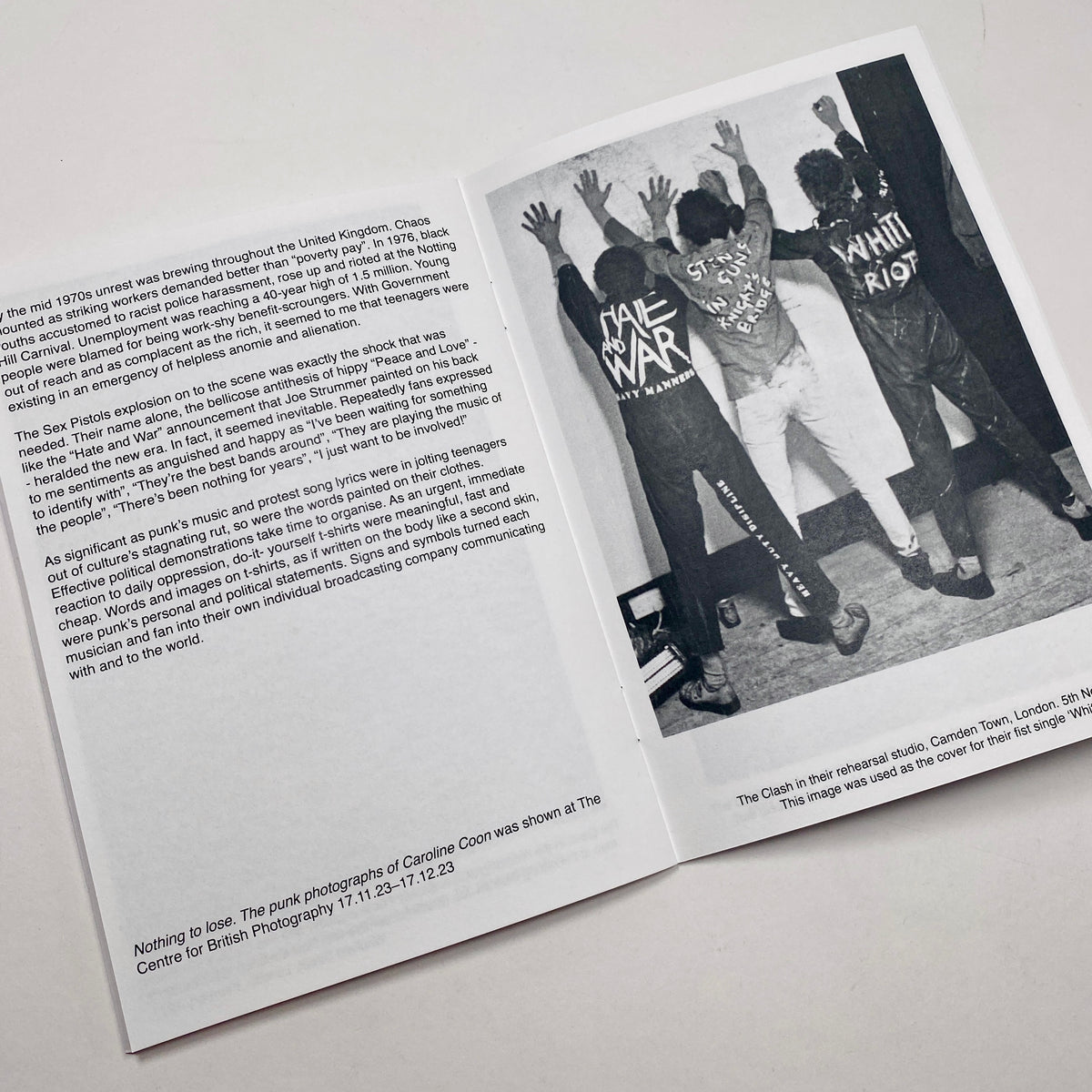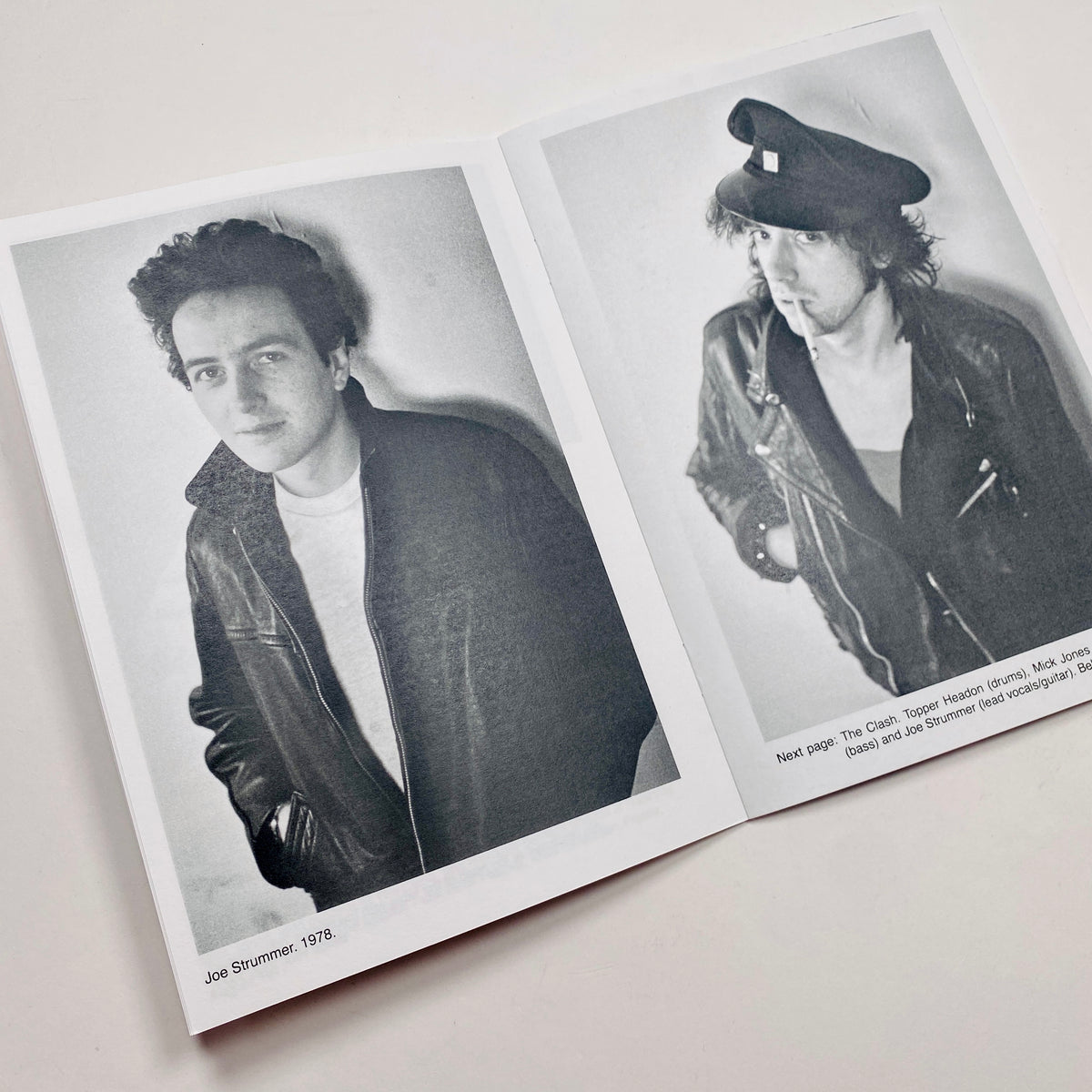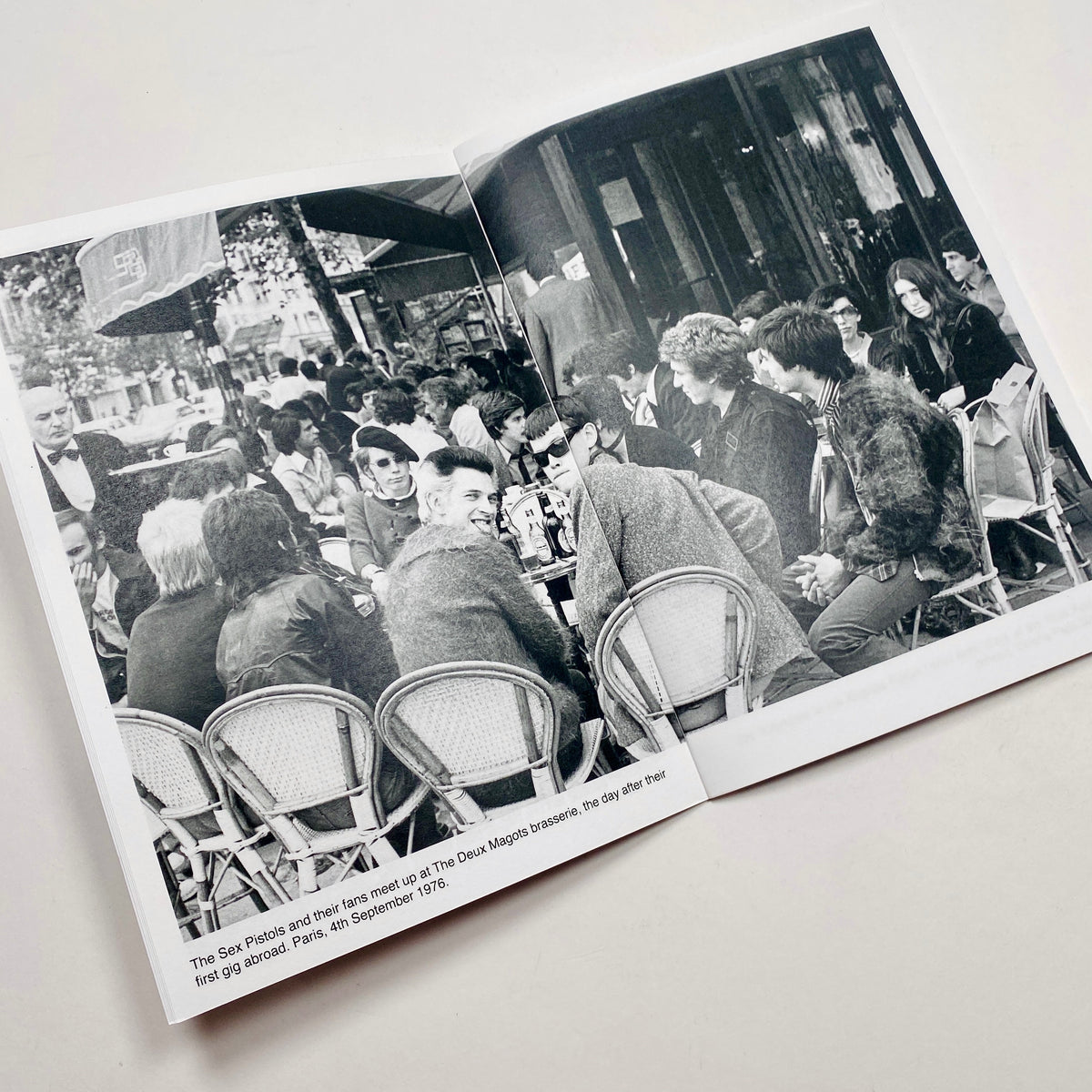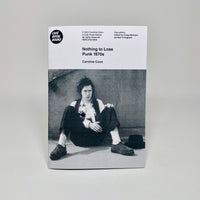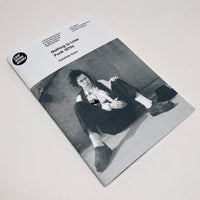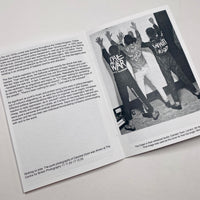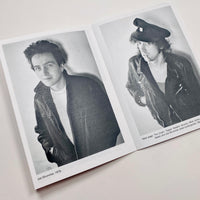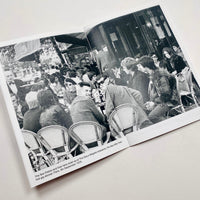Nothing to Lose Punk 1970s - Caroline Coon
- Regular
- £6.70
- Sale
- £6.70
- Regular
- Unit Price
- per
Nothing to Lose Punk 1970s - Caroline Coon
London 1975: the historical year the Sex Pistols began their shocking fight to be heard through the fog of stagnation and paralysing gloom that had fallen over the land. By winter 1976, they were heard loud and clear! The band, and the fans who immediately identified with them as representing the spirit of their new age, had caused a dramatic break with the past. There was horror in the music industry as older musicians and established record companies sensed they had lost control and were about to become outdated if not redundant. The mainstream media, reacting in moral panic to the “uproar”, “rock outrage” and the use of “the filthiest language heard on British television” called for the banning of everything and anything associated with punk.
Today, looking back at the photographs I took then, reminds us that all the musicians and fans creating such disruptive, universal perturbation were barely out of their teens: Johnny Rotten was just 20. Joe Strummer was 23. The average age of The Jam was 19, The Buzzcocks – 19, Subway Sect – 18. Poly Styrene, lead singer of X-Ray Specs, was 19, Ari-Up, lead singer of The Slits, was 14.
Over the last five decades, theoreticians in the cultural studies industry, historians, music critics and journalists have written enough about punk to fill an Atlantic trench. Every minute facet of the punk era has been forensically examined, loading on to the young shoulders of those who created it every conceivable expectation. A general theme has been a morose blaming of the musicians for not living up to their youthful aspirations.
However, I celebrate the success of punk, especially for the way that space was created for women and, as Ruth Adams (reader in Cultural and Creative Industries at Kings College) maintains: punk bands, with their support for Rock Against Racism, changed our white national identity by imagining “a multicultural, post-colonial future [...] which to a large extent has come to pass.”1
And, of course, we still listen to the exhilarating music in all its style and diversity!
1 Ruth Adams “‘Are you going backwards, Or are you going forwards’ – England past and England future in 1970s punk’”. Essay in ‘Working for the Clampdown: The Clash, the dawn of neoliberalism and the political promise of punk’ edited by Colin Coulter (Manchester University Press 2019), pp 89 – 104.
Caroline Coon
- 36 pages
- staple bound
- 14cm x 20cm
About Café Royal Books:
"Café Royal Books is the idea of Craig Atkinson, an artist and lecturer. Our first title was published in 2005.
Craig wanted to create a way to make artwork accessible to a wider audience. The solution needed to be small, functional, open to collaboration, affordable, and work independently of galleries. These ideas remain at the heart of what we do.
We’re a small family-run publisher based in England, next to the woodland, dunes, and windswept beaches of the North West coast — we’re always inspired by the vastness, calm and energy of this environment.
We make weekly publications, focussing on documentary photography linked to Britain and Ireland, printed and bound locally by a small 170 year old printing company. Libraries and museums around the world collect the books, so the work will remain preserved and accessible for many years. Our books don’t need batteries, or screens. We hope they will be used, create conversation and be passed down through family generations."
Explore other titles from the Café Royal Books collection.

